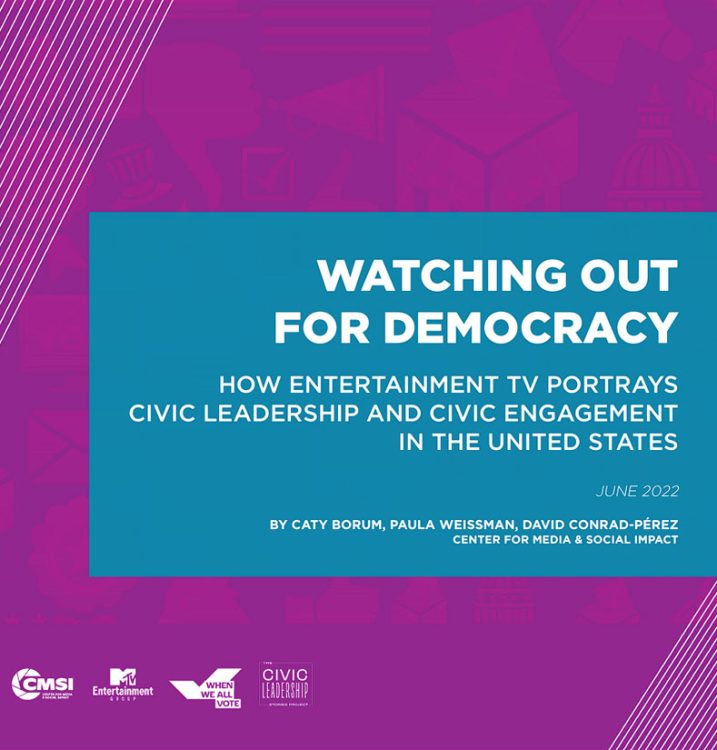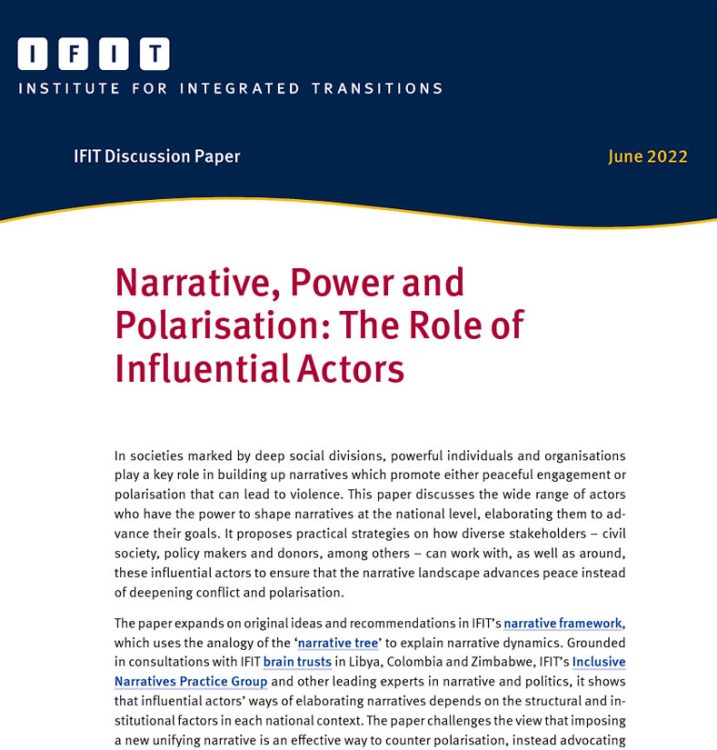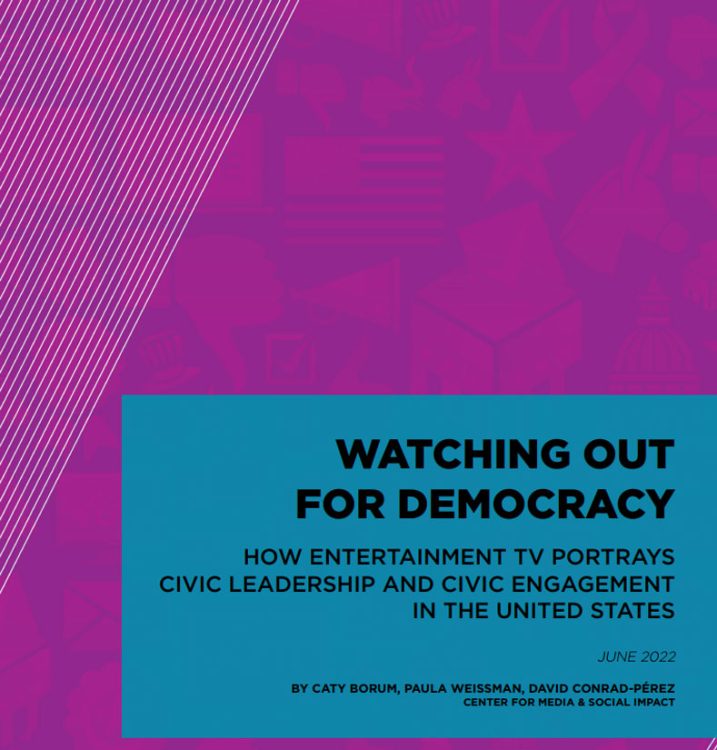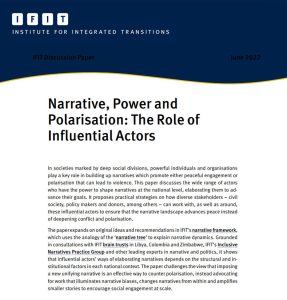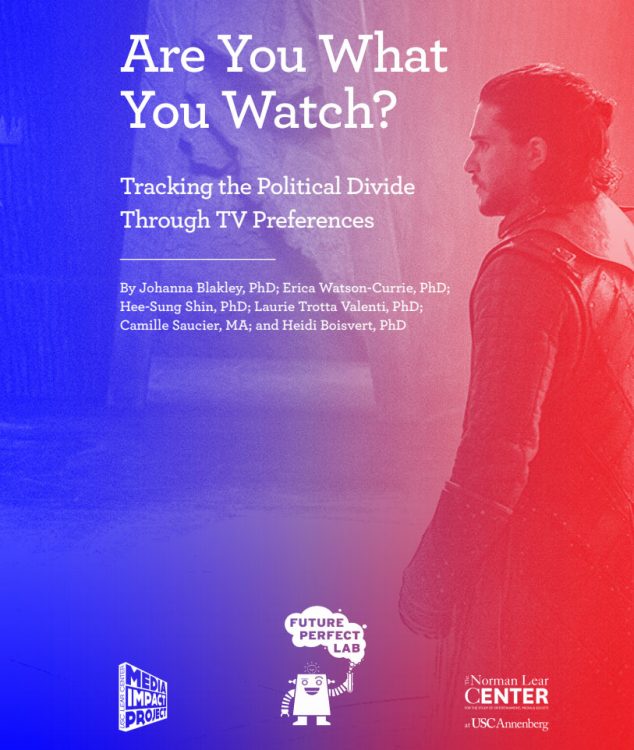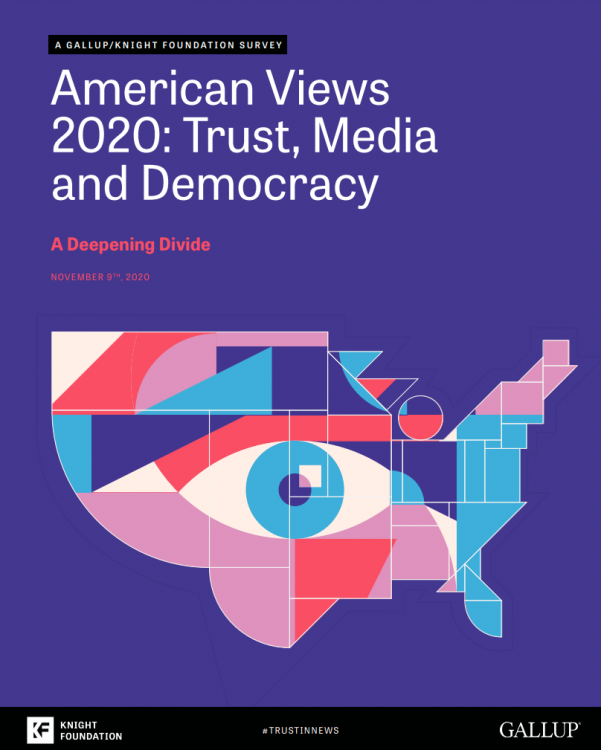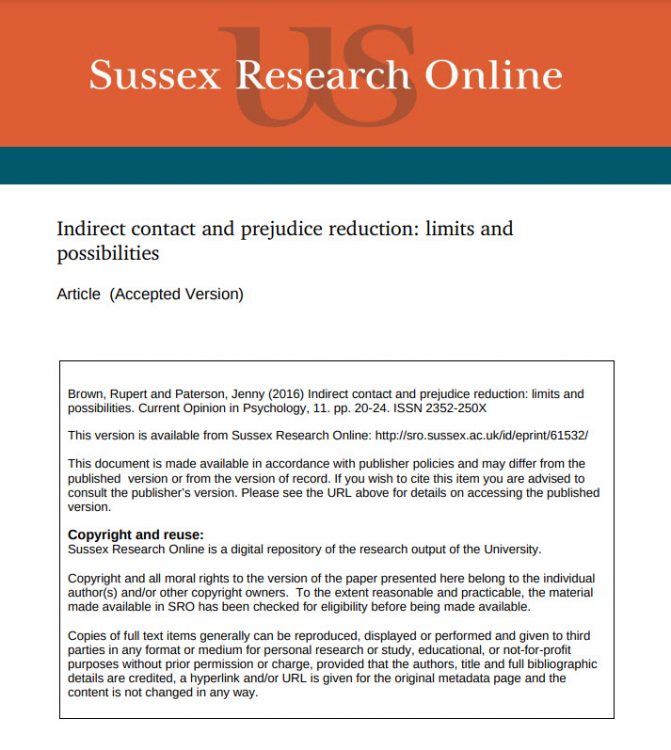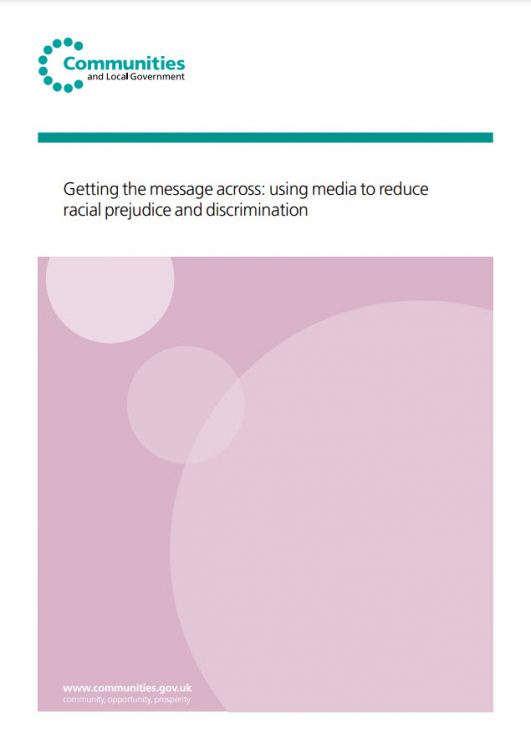March 20, 2023
Watching Out for Democracy is an independent research project of the Center for Media & Social Impact (CMSI), under the Civic Leadership Stories Project. Under the direction of Principal Investigator Caty Borum and Lead Researcher Paula Weissman...


